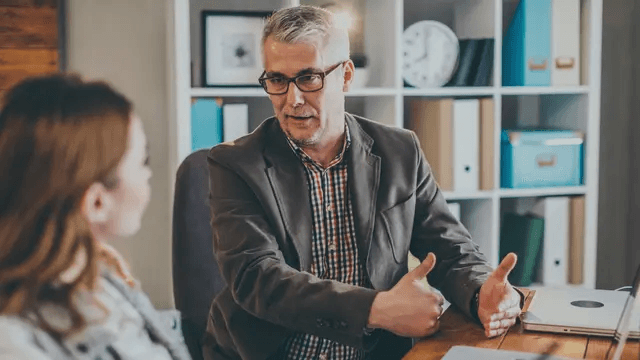The following is a transcript of the video above.
Let’s try a Practice Question
Which two of the statements regarding the AML programs are correct?
- The Bank Secrecy Act Requires filing of CTR’s
- The USA PATRIOT Act requires filing of CTR’s
- The Bank Secrecy Act requires the establishment of anti-money laundering programs in financial firms
- The USA PATRIOT Act requires the establishment of anti-money laundering programs in financial firms
A.) 2 & 3
B.) 1 & 3
C.) 2 & 4
D.) 1 & 4
The answer here is D.
This is how to remember the BSA, The Bank Secrecy Act. This act forces banks to make it illegal to keep records they have made. It established the basic framework for anti-money laundering (AML) regulations. In short, the BSA said, “Do not keep secrets, specifically no secrets about cash deposits greater than 10K. The Patriot Act enhanced the AML programming to a degree much stronger than The Secrecy Act. The Bank Secrecy Act was passed in the 1970s. The US PATRIOT Act was passed after 9/11.
What Did the US Patriot Act Do?
It required customers to be verified after account opening. The customer’s ID had to be verified, promptly after the account was opened. You know what the bank said? “We cannot prevent you from opening an account without an ID. So as soon as we make it, send it in afterwards.” If you are making a cold call and say, “Let us sign you up for the new account,” you cannot verify their ID on the phone. Yet, we are allowed to make cold calls and open accounts on the phone. When should we verify the ID? Promptly after. You would say something along these lines, “Before you start trading, we need you to send a copy of your photo ID.” Yet, you already have the account opened.
Written by Dave Meshkov
Dave's mission (and job: Managing Director of Course Design) is to make FINRA exam training engaging, approachable, and dare he even say, enjoyable. Having trained and coached over ten thousand students to exam success he knows how to present complex subjects in memorable and understandable ways. Prior to joining Knopman Marks in 2011, Dave practiced bankruptcy law at Weil, Gotshal & Manages and served as a law clerk in a the Southern District of New York Bankruptcy Court working on the General Motors and Lehman Brothers bankruptcies. Building on his legal expertise and training allows him to keep all our courses updated with the latest legislative and rule-making changes. Dave currently trains for the Securities Industry Essentials (SIE) exam and the Top-Off Series 6, 7, 24, 57, 63, 65, 66, 79, 86, 87, and 99 exams. He also delivers executive one-on-one training and shares his passion for learning outside of work as a ski instructor and yoga teacher. Dave graduated magna cum laude from Fordham Law School, and cum laude with a BA from the University of Pennsylvania.
Related posts
- Read more
Exam Tips to Perform Under Pressure
High-stakes securities exams such as the SIE, Series 65, Series 79, or Series 24 can feel overwhe
- Read more
Efficient Exam Prep for Busy Professionals: Strategy Advising
Studying for a high-stakes securities exam like the Series 24 or Series 79 isn’t just about putti
- Read more
Crush the SIE Exam with the Video Vault
Are you feeling overwhelmed by the sheer volume of Securities Industry Essentials (SIE) exam cont


